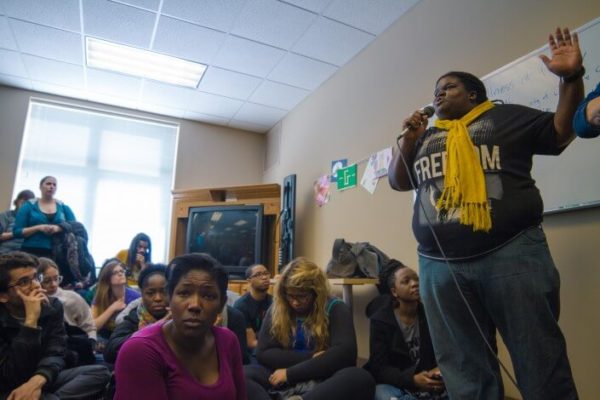By Victor Narro and Chaumtoli Huq
Law at the Margins, as part of its #FaithJustice series, hosted a much-needed and innovative online discussion on the importance of integrating self-care and community care in our work for justice. During these times as we fight back against attacks on our communities by Donald Trump and the right-wing forces, we must recognize that nonwhite communities have long resisted and created informal networks of mutual support and sustenance. We need to learn from our historical and collective knowledge of informal forms of community care and lean into our organic intuition to take care one another. We do not need to go outside of our daily lives or community or spend money we do not have to take care of ourselves. We are enough.
We can embrace and uplift one another to create the spaces where we can integrate self-care as part of our daily work, where our values are in alignment with one another and we can transform anger and hate to lead the fight for justice with our loving essence.
Listen to the discussion here. Here are some tips that came from the discussion.

(The Badger Herald)
Tip No. 1: Create an organizational community care plan for your organization. It should include how to integrate a self-care/community care plan into the different project and individual work plans. For example, this may require co-directors/co-organizers for work. Map out who is doing the work of the organization, can it be reallocated and/or shared or are there places to collaborate with other organizations. Does your organization provide child or other forms of care for members who are responsible for taking care of others such as elderly in their household? Examine how the organizational structure created burden certain members of your community over others.


